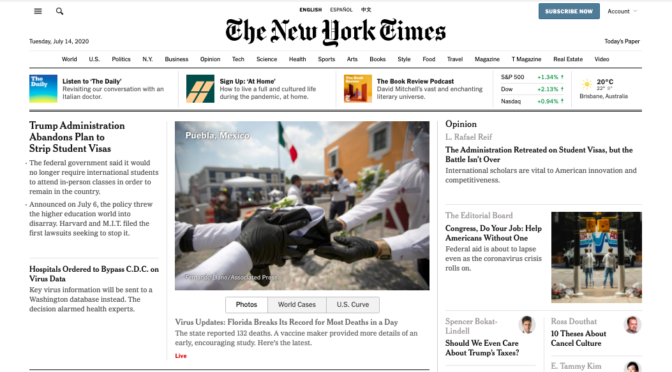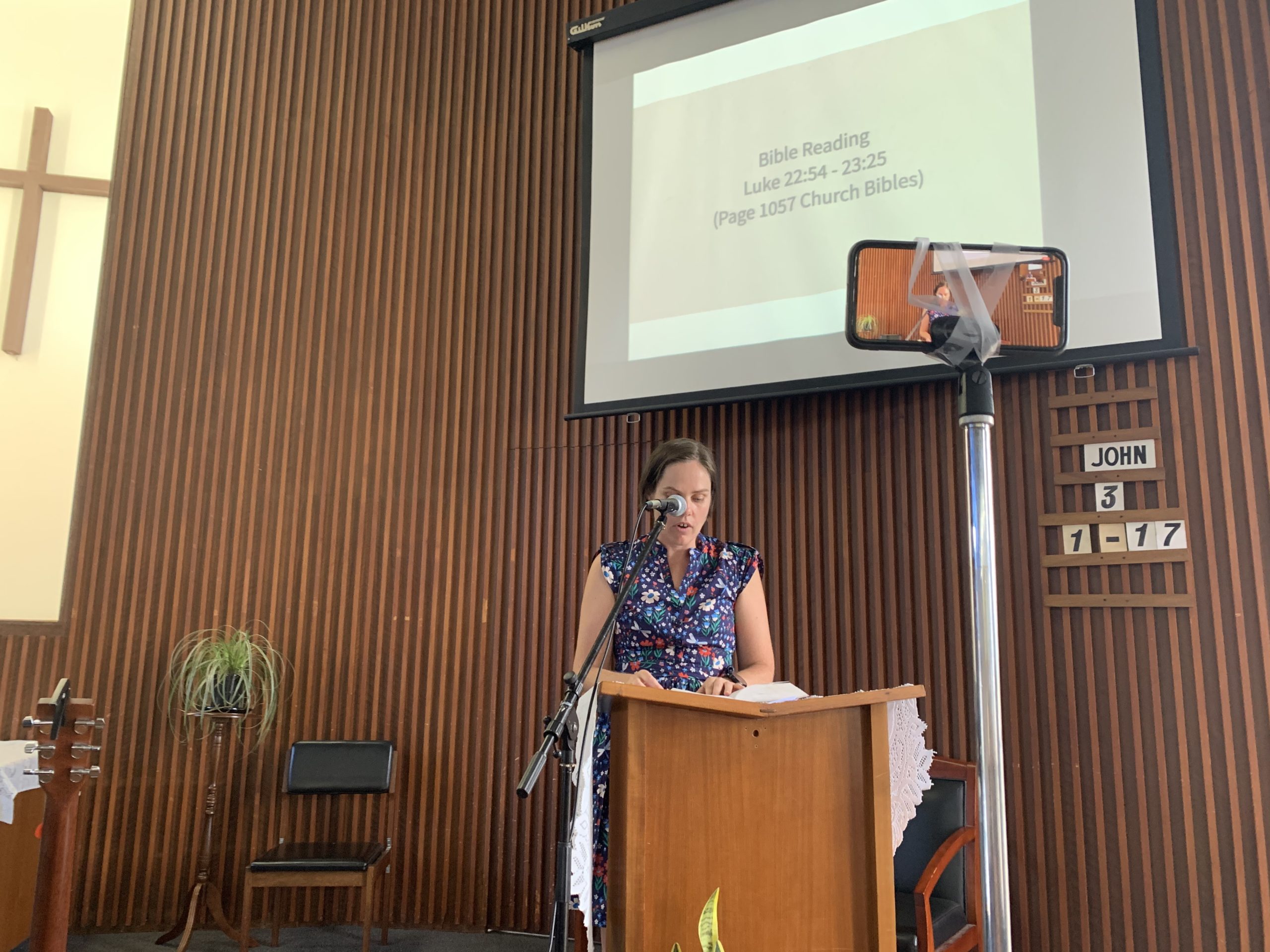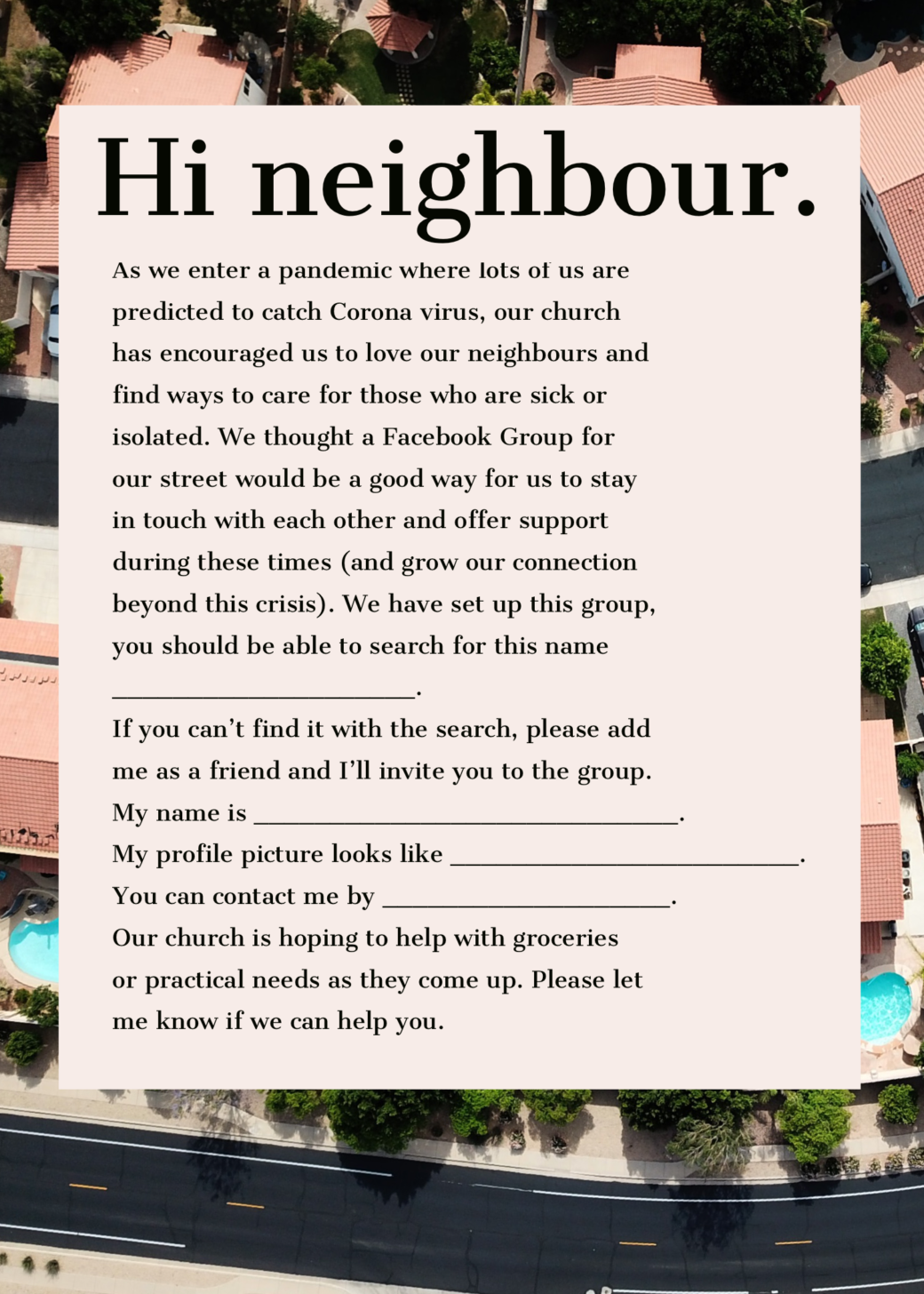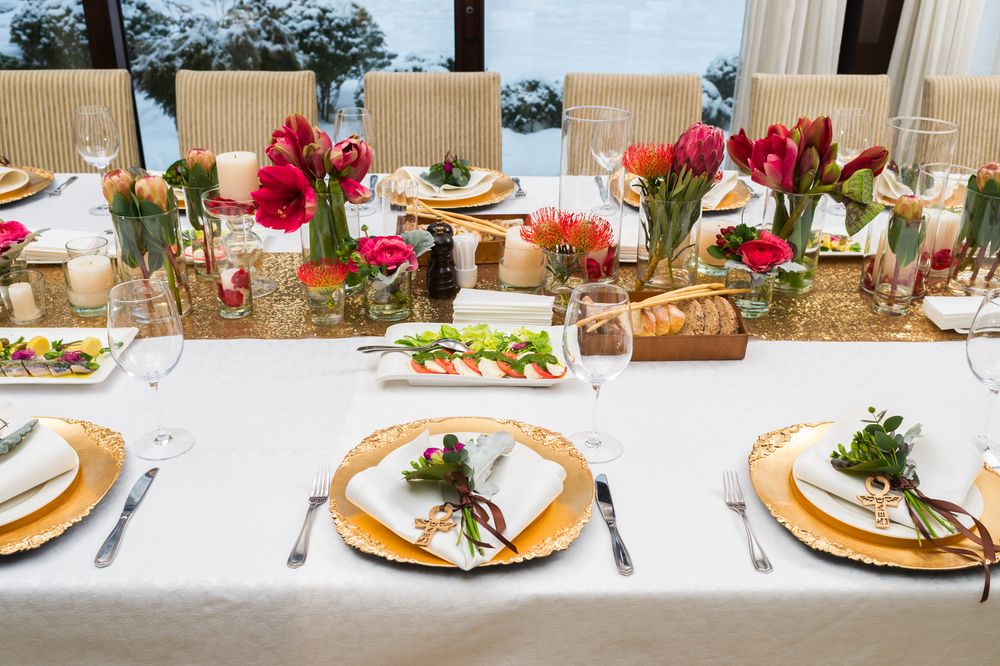This was part two of a sermon series preached at City South Presbyterian Church in 2024. You can listen to this on our podcast, or watch the video.

This is one of my favourite places on earth. Paradise. A house on a hill in Inverell.

It was my grandparents’ home. It was safe. It was secure. It was where I experienced — and probably learned — generosity and hospitality… And I have snapped a picture of the back corner of the garden on Google Street View. This was my pa’s veggie garden. Pa loved to garden.
Next to the veggie garden was a fruit tree — a persimmon tree. You might never have tried persimmons — I bought some this week and they are not ripe yet… they get this “jelly texture” and for me they are a taste of generous hospitality; a taste of heaven.

We are thinking about heaven — about tasting it, seeing it, imagining ourselves before the throne of God because — as we saw last week — those of us who have found life in Jesus are raised and seated with him in the heavenly realm (Ephesians 2:6). This is our reality now — and in this chapter we are imagining heaven as a fruitful garden; a garden where we experience abundance and hospitality and are home. This is an image that opens and closes the Bible that can shape our prayers, and contemplation of heaven, and how we live now in the overlap between heaven and earth — as people who dwell in both.
This is not just an image from the start and end of the story of the Bible; it is there at the climactic moment of the story.
John emphasises that Jesus is crucified and buried in a garden (John 19:41), and when he is raised as the start of a new creation, his friend Mary thinks he is the gardener (John 20:15).
In Luke there is a reference to a heavenly garden we might miss — here, on the cross, with the rebel being crucified next to him who turns to him and asks to be remembered in his kingdom (Luke 23:42), Jesus says “truly I tell you, today you will be with me in paradise” (Luke 23:43).
When we hear the word paradise we might be imagining a beach, or a silent room with a couch and no interruptions… But Jesus says “Today, you will be with me in the garden.”
Paradise is a Greek word we have turned into an English word but it literally means garden — and Jesus says “today this is your reality” to the bloke next to him…
While we think of heaven as a future “after death” reality, and might take comfort in this promise of paradise for us too — from this moment of Jesus’ gift of his life to us — his people are also with him where he is; and he says he is in paradise. A garden.
This language pops up a couple of times in the New Testament to describe our physical future; often in moments where the curtains are being pulled back and someone is staring into heaven — so the book of Revelation — which we will spend some time in this series — John has this vision of heaven driving his message to the church for how we live in this world; and in one of the letters at the start he says the victorious one, the one who finds life with Jesus by his Spirit — we are given the right to eat from the tree of life, which is in the paradise — the garden of God (Revelation 2:7). John will come back to this at the end of his vision where the new heaven and new earth come together; as heavenly life descends to unite with a renewed creation (Revelation 21:1) — and in the bit we read, John describes a heavenly garden throne room — there is a river of the water of life flowing out of the throne of God in this garden city where there is this tree of life spanning the river bearing fruit for his people every month (Revelation 22:1-2).
This is the paradise Jesus says the rebel on the cross will join him in — this is heaven — a vision of heaven that is meant to shape our imagination now as we live as people raised and seated with Jesus reading these descriptions in the Scriptures God has given his church to navigate life on earth. These pictures matter not just because they are our future reality; but they are our spiritual reality now —
and I threw this verse from Paul’s second letter to Corinth up last week where I suggested he is talking about himself in the third person — and just notice how he describes the vision of heaven that drives this particular bloke — it is paradise; a garden (2 Corinthians 12:3-4). A new Eden.
The throne room of God when it becomes heaven on earth is Eden-like. This is because Eden is one of those heaven-on-earth places in the story of the Bible like the temple, where God dwells with his people.
So let us look at this bit of the Bible we read together — and just notice a couple of things we might not have looked at in the past… and we are going to skip ahead a little into Genesis 3 and read some of that back into our imagining of life in the garden.
In the start of the story of the Bible we meet God as creator — a sort of artist who generates a system geared towards life — he is satisfied and calls it good. What we see of God in his actions in chapter two is that God is a gardener (Genesis 2:8). He gets his hands in the dirt to bring out life. He makes trees — and they are not just trees to play a part in an ecosystem — stopping soil eroding, and pumping out oxygen to sustain life — they are beautiful; they are pleasing to the eye — this teaches us something about God — there is a delight and desire to be delighted in going on here as God creates — and they produce fruit “are “good for food.” Then there is the tree of life; we get hung up on the other tree, rightly — because of what happens in the next chapter — but these two trees are probably also pleasing to the eye, and, if God had said so, good for food (Genesis 2:9). Just notice there is a river here too, like in Revelation (Genesis 2:10).
God, the gardener, puts the man he has made in the garden — paradise — to work it and take care of it — to garden like he does — to cultivate this heaven-on-earth place — to be his priestly, image-bearing creative, artistic, generous, hospitable, fruitful people shaped by life with him (Genesis 2:15)…
The next thing we learn about God as we contemplate him in this heaven-on-earth space — he is generous. Hospitable. He has made this beauty to be shared and enjoyed.
The man is free to eat — God has planted these good and beautiful things for him to enjoy — to eat from any tree — including the tree of life — which he will say later is about living forever in this hospitable place in relationship with God (Genesis 2:16-17). Any tree but one — and it is easy, in our imaginings to imagine God in heaven as stingy — as holding back from us when we pray; when we come to him with our desires and they are not met — and this is what the serpent will play on when he pulls humans to death — but this picture is a picture of God the gardener as the giver of life and beauty — the creator of this garden paradise where life is to be enjoyed within its boundaries, as God, our creator, gives us not just what we need, but things to enjoy and delight in. And to enjoy and delight in with him, in paradise — walking with him as he delights in his creations; the beauty of the paradise he crafted with care; crafted to be enjoyed as the gardener God — we see him coming to walk with the humans in chapter 3 in the cool of the day (Genesis 3:8).Now they have already made the decision that will see them exiled from this heaven-on-earth space; losing paradise — they have chosen earth alone, not heaven-on-earth — which is reflected in the curse right — dust to dust — the earth is their present and future (Genesis 3:19). But here is God coming to find them when they are hiding from him — walking in the garden in the “cool of the day” — it is literally “in the breeze” and it uses the Hebrew word “ruah” which is also the word for the Spirit. There is a lot we could unpack there; but I wonder if just for a moment you might imagine hanging out in a garden, or a forest, surrounded by trees — fruit trees, or maybe just the trees on the walking track you love — walking in the breeze with God the gardener as he delights in pointing out every clever or beautiful detail in every tree; in its markings, the shape of its branches and leaves — the colours — the particular texture or taste of the fruit — just delighting and exploring and feeling the wind; the Spirit; wrapping around you as you feel comfort beside him. That is what gets lost for the humans in the story at this moment. They could have been walking with him; they should have been walking with him — but they are hiding. Then they are evicted; cut off from the tree of life; separated from heaven-on-earth space; a barrier between them of a fiery heavenly creature that will be represented by the curtain in the temple — this is paradise lost (Genesis 3:24).
The search for paradise is part of the story of the Old Testament — the deep desire to be home; to find life in the garden, with the gardener — God’s people live craving access to something like the garden — looking for this life in all the wrong places; feeding off idols that lead to death rather than life — this is how Isaiah describes what leads Israel out of their garden city — Jerusalem, the jewel in the Eden-like land flowing with milk and honey — full of flowers and fruit trees for the bees, and grassy pasture for the cattle — where they have the temple as a picture of life close to God again. They lose this, Isaiah says, because they have imagined walking with gods — divine beings amongst the sacred oaks in different gardens (Isaiah 1:29). Isaiah pictures exile as being cut off from this sort of life; becoming like a garden without water; losing paradise again (Isaiah 1:30) — and later in Isaiah God promises restoration to paradise; that God’s people will experience heavenly life again; barren deserts becoming like Eden — the garden of the Lord — paradise (Isaiah 51:3).
A few hundred years before Jesus — pretty much smack bang in history between Isaiah and Jesus’ words on the cross, or John’s words in Revelation — there is another book written called Enoch; it is a book that is not in our Bibles, but it does get quoted by New Testament authors — Enoch pictures heaven as this mountain garden (Enoch 24:3-4):
“And the seventh mountain was in the midst of these, and it excelled them in height, resembling the seat of a throne: and fragrant trees encircled the throne.”
He is maybe borrowing an image from Ezekiel here which pictures Eden as on a mountain (Ezekiel 28:13-14). Anyway the writer of Enoch is imagining a time when exile ends; when paradise is found — and there is God’s throne in a garden, and there is a fragrant fruit tree there.
“And amongst them was a tree such as I had never yet smelt, neither was any amongst them nor were others like it: it had a fragrance beyond all fragrance, and its leaves and blooms and wood wither not for ever: and its fruit is beautiful.”
— Enoch 24:4-5
Beautiful — you can almost imagine the smell wafting through this room; it never dies — like the fruit in Eden its fruit is beautiful — this is Enoch imagining heaven — God’s throne room, with the tree of life right there; God’s throne room in a garden — and he is told “yeah, that mountain that looks like a throne it is where God — the Lord of Glory — will sit when he comes to visit the earth with goodness; when he restores people to paradise, and when that happens, the tree of life — in the heart of this paradise, will be food for God’s people, planted in the heaven-on-earth space of God’s temple.
“This high mountain which thou has seen, whose summit is like the throne of God, is His throne, where the Holy Great One, the Lord of Glory, the Eternal King, will sit, when He shall come down to visit the earth with goodness. And as for this fragrant tree no mortal is permitted to touch it till the great judgement… It shall then be given to the righteous and holy. Its fruit shall be for food to the elect: it shall be transplanted to the holy place, to the temple of the Lord, the Eternal King.”
— Enoch 25:4-5
Before Jesus turns up on the scene God’s people imagine heaven as a garden; the garden of Eden restored — because of the imagery from the story of the Bible, and from the architecture of the temple, and from the promises of the prophets. They are outside of paradise looking in. Longing. Waiting.
You can see how John’s vision in Revelation might fulfil this hope… And how Jesus’ words on the cross change the story from paradise lost to paradise found. Today — he says to the rebel on the cross — and maybe to all of us — today humans have access to paradise again.
Today, as God’s king turns up to end the exile, to invite us out of false worship and fake heavens and into life with God — Eden is restored; paradise is open — and we are invited to find paradise again
as those raised and seated with Jesus; living with the gardener king anticipating a time where the earth will be made new as we live now as heaven-on-earth people with the Spirit of God not just blowing around us as we walk with him, but dwelling in us.
I am not sure this is the God I encounter enough in my prayers, I am not sure I have prayed enough as though I am entering this garden and delighting and enjoying not just the garden, but time with the gardener — this is home; my time as a kid running around the veggie garden on George Street in Inverell, eating fruit from the persimmon tree, is a sort of picture of this I can relate to in my experiences — maybe you have got your own version of that, or maybe it is something we can cultivate together as ways we can learn to dwell in the garden of heaven and have it shape life on earth.
That house in Inverell would not feel like home for me anymore — the garden does not look like it is there any more in the photo, but the gardener definitely is not — he has gone home to paradise. And he — with my gran — was what made that place home for me really; what made the garden wondrous and the persimmons special.
And this is part of the challenge as we imagine heaven, really — to be imagining it not just as a place; not just as a garden with trees — or just a throne room — the throne is not empty. The gardener is home and we are invited to frolic with him in the garden in the cool of the day; to shoot the breeze; to wander around in the Spirit — to be there with our king, Jesus, who laid his life down on a cross to invite us into his kingdom to feast on the fruit of this heavenly garden, and the creation he made for us to enjoy and cultivate in anticipation of him making all things new so that in it. Even as we enjoy fruit and wandering through gardens and forests — we are in his presence, discovering his goodness; experiencing heaven on earth in this overlap… Closing our eyes in prayer and opening ourselves to this heavenly reality changes how we see earth, and our calling here as God’s children.
So I want to invite you to contemplate this heavenly garden; to picture it in your mind’s eye — and I know for some of us this act of imagination is tricky; we do not all picture things in our mind’s eye — which is where some tangible experiences — getting out in a garden or forest and meditating on the beauty of trees and flowers — biting into a piece of fruit — might be a helpful exercise — and this evocative language in the Bible is maybe a helpful prompt too — conjuring something up for us as we read.
This sort of contemplation or meditation maybe is not part of the Christianity you have grown up with —
it is certainly foreign for me — and as part of opening the eyes of my heart this way I have read this book Meditation and Communion with God. It is not a cheap book, and there is plenty of tricky stuff in it as he makes the case that Reformed Evangelical folks like us who love the text of the Bible should grapple more with what it says about how our union with Jesus means we have been raised and seated with Christ in the heavenly realms — this is part of what the Bible says — and how the Bible describes behaviours and images — it is not just words on a page — that shape our lives and even our imaginations.
As he talks about what contemplation and meditation looks like he says that studies on how our brains work; how we learn and are transformed — which is often how we think we change, right — information leading to transformation — he says actually even at the brain level science is showing we have separate channels in our brain for processing visual information and stuff we hear — especially words —
and we learn better and understand better when pictures are added to words.
“Human beings have separate channels for processing visual and auditory information… Learning comprehension and retention is improved when pictures are added to words…”
— John Jefferson Davis, Meditation and Communion With God
He reckons meditation on Scripture can work best by linking words and images — especially pairing texts with propositions — texts that make truth claims — with texts that evoke images or tell stories of stuff we can picture:
“In our meditation on Scripture, we intentionally try to combine words and concepts with concrete images and narratives… A propositional text is paired with one or more pictorial or narrative texts that share a common theme.”
— John Jefferson Davis
So, we might take the proposition that we are raised and seated with Christ in the heavenly realms (Ephesians 2:6) — or the story of Jesus telling the rebel that he will be with him in a garden because of his desire to be part of Jesus’ kingdom of heaven (Luke 23:34). We might pair this idea of heaven being a garden with descriptions of a heavenly garden like we find in Revelation (Revelation 22). Where there is a vision of God’s throne room that kind of lines up with the prophets and Enoch — water flowing from the throne — and Jesus, the lamb is there too — and on each side of the river the tree of life is there — in a way that is hard to picture — it is on both sides of the river — maybe arching over it — bearing fruit that is to bring life; and healing…
I wonder if we imagine this image and pair it with the paradise garden of Eden, and all its beautiful fruit trees pleasing to the eye — and we place ourselves in this sort of garden with God’s throne in the middle — a place where we hang out with the gardener, and delight, with him, in his hospitality and abundance and artistry — the way he takes delight in each good thing he made in part because he made it to be enjoyed — and if we imagine prayer as walking with God, the gardener, in the breeze — in the Spirit — in the cool of this garden — I wonder if you realise you have access to this paradise any time you pray — no matter the circumstances going on in your life around you — that this is real and available; that we can close our eyes to the mundane; to our hunger and longing — to our temptation to find life in the hustle and bustle of other garden cities — or when life feels like a wasteland; we can be tempted in those moments to feel like we are exiled from God, but through Jesus that is not the case — we are in the garden again; we just have to go there in our imaginations.
Now — this might just feel like escapist fantasy stuff of little value when you are suffering — but it is also kind of the Bible’s answer to dealing with very real persecution. Revelation was a vision John sent to a church facing incredible persecution under a violent, beastly regime where Christians were occasionally set on fire in garden parties, or fed to wild animals for the amusement of the king — and this vision of heaven was a comfort in those moments — and the garden of Eden and the promise of the prophets was a comfort for God’s people living in Babylon. It translated into the real world too; it was not just part of holding on to Jesus — but these sorts of heavenly visions in their imaginations; a reminder that God is with us even when we feel like we are in the wilderness or suffering. Escapist fantasy is actually necessary if we want things to change — too — how else do we get a different pattern to what the world offers us in its sacred groves with its false gods — like prisoners, sometimes need to imagine our escape in order to get free.
How can we live as heaven-on-earth people with no images of heaven to shape what we pursue on earth? What we cultivate?
This is not just escapism. These descriptions in the Bible are not just escapist fantasy to comfort folks with some picture of the future — this sort of imagination of heaven is us envisaging what the Bible says is the future of this world — heaven and earth coming together — so that we live as citizens of heaven now. Imagining heaven as a garden was part of Israelites in exile planting gardens and building homes in Babylon — imagining paradise helps us create homes of beauty and hospitality that reflect the life of God — places of refuge or sanctuary… George Street Inverells where people experience fruit and hospitality and embrace.
It is as we enter heaven in our imaginations — using the imagery God supplies in his word, to spend time with him, that we are shaped to do the good works he has prepared for us (Ephesians 2:10), it teaches us how to be human, just as time in Eden, in the garden, was where the first humans in the story were meant to learn to cultivate and keep heaven-on-earth space, so they could be fruitful and multiply and spread God’s presence on earth. As we spend time with the gardener, tasting the goodness of heavenly life, it shapes us for fruitful life in his world.






